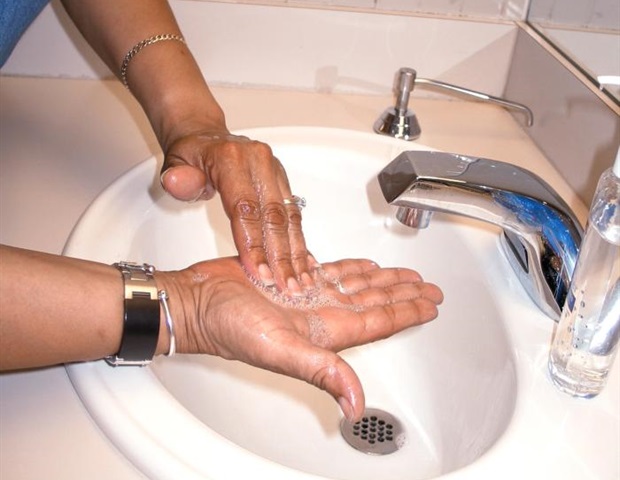
In an evolving health landscape, emerging research continues to highlight concerns that could impact everyday wellbeing. Here’s the key update you should know about:
An international study on container-based sanitation (CBS) systems has found that this portable toilet option significantly improves the quality of life for people living in urban slums in Kenya, Peru and South Africa.
CBS systems use sealed, portable toilet containers that are collected, emptied, and cleaned regularly as part of a subscription-based service. Unlike traditional sanitation solutions that require heavy infrastructure, CBS offers a flexible and practical alternative for densely populated urban areas.
The study, co-authored by Bangor University and Cranfield University, has been published in Nature Water and could pave the way for CBS to be used more widely. While container-based sanitation is not a permanent replacement for sewered systems, it represents a transformative interim solution for improving health, dignity, and quality of life in the world’s most vulnerable urban communities.
Dr Alison Parker, Reader in International Water and Sanitation at Cranfield University, who led the project, said: “It has been a huge privilege to work with such dedicated researchers from around the world to reveal the potential that CBS has to provide a safe toilet for the billions of people that don’t have one. Access to safe sanitation and hygiene is one of the most basic human needs for health and wellbeing, so the importance of services like this can’t be overstated.”
Quality of life improved by CBS
Researchers used smartphone-based surveys to regularly collect data on sanitation and health from users of CBS systems. They closely tracked the experiences of residents over time, providing one of the most detailed looks yet at CBS services in urban slums.
The key findings include:
- CBS users reported significantly fewer problems with their toilets compared to non-CBS users.
- Satisfaction with CBS services was high across multiple components, including collection and cleaning.
- Improved servicing of CBS systems was directly linked to higher sanitation quality of life for residents.
Working with such a rich dataset of hundreds of participants, surveyed regularly over a year across three countries, we demonstrate that container-based sanitation – especially when well serviced – can meaningfully improve sanitation-related quality of life for people living in informal settlements.”
Dr. Ben Exton, Lead Author, Research Assistant at Bangor University
Co-author Simon Willcock, Principle Research Scientist at Rothamsted Research, and Professor of Sustainability at Bangor University said: “The study also revealed important differences between countries. In Kenya and Peru, where CBS toilets are provided through social enterprises supported by grants, users reported fewer problems and higher satisfaction compared to South Africa, where CBS toilets are provided free at scale by local authorities.”
Rémi Kaupp, Executive Director, Container Based Sanitation Alliance, commented: “I am delighted to see the results of this long-term, rigorous and multi-country study, with has shown an excellent way to understand how sanitation users really perceive their service.
“Besides highlighting the crucial role that container based sanitation plays in ensuring continuous access in informal settlements, the study also shows the importance of professional sanitation operators to ensure residents enjoy uninterrupted and safe essential services.”
Source:
Journal reference:
Exton, B., et al. (2025). Assessing the role of servicing in enhancing sanitation-related quality of life among container-based sanitation users. Nature Water. doi.org/10.1038/s44221-025-00508-6

